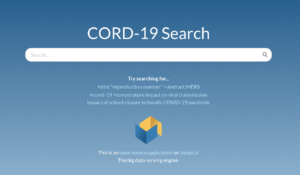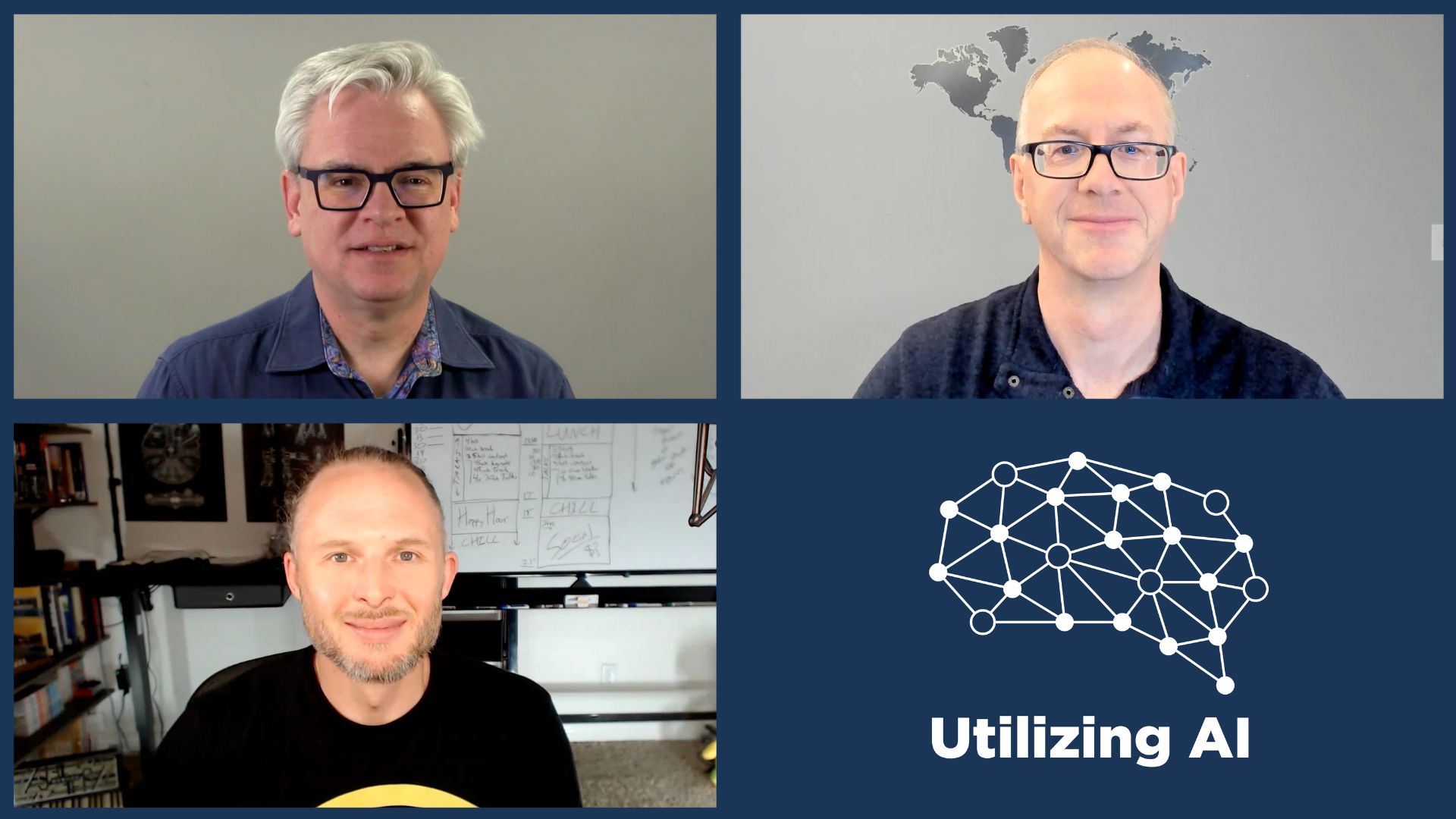One of the silver linings to come out of the ongoing COVID-19 pandemic is seeing individuals, organizations, and businesses putting aside business as normal and using their own particular expertise to help out. Tesla is using Model 3 parts for ventilators, IBM is helping to train COBOL programmers to meet demand, and we’ve already discussed how the Folding@Home project has seen an incredible increase in contributors.
A lot of these projects are about translating expertise in one area to meet the sudden needs of the situation. It’s been fascinating to see the need for ventilators push engineers, designers, and medical professions to use anything and everything that’s readily available to meet the need. It’s like the filter scene from Apollo 13 but benefiting the world rather than three astronauts.
 One company I was surprised to hear from in this regard is Verizon. As the largest cellular provider in the US, they’ve already worked with the US FCC to ease data caps, and prioritize access to low-income households. These are the kind of moves I’d expect from the company. But then ZDNet reported that they had created an academic search engine for COVID-19 research.
One company I was surprised to hear from in this regard is Verizon. As the largest cellular provider in the US, they’ve already worked with the US FCC to ease data caps, and prioritize access to low-income households. These are the kind of moves I’d expect from the company. But then ZDNet reported that they had created an academic search engine for COVID-19 research.
When I first saw the headline, I’ll admit it was a little bit of a head-scratcher. Not that Verizon doesn’t have a lot of capable engineers and developers to make this happen. It just seemed odd they would choose that direction. But digging into the story, I saw that the engine is built on Vespa, an open-source, big data platform. This is the same platform Verizon uses to power its ad tech, article recommendations, and user personalization. Suddenly the endeavor made a whole lot more sense.
The resulting CORD-19 search utilizes the COVID-19 Open Research Dataset, which is frequently updated with the latest research. Verizon using Vespa to combine a more structured search with semantic search optimized for medical research language is something very much needed by medical professionals looking to stay on top of the latest finding. It’s an example of the innovation COVID-19 has forced on the world, and I’m happy to see that Verizon was able to turn a system usually meant to serve ads into something that could save lives.




